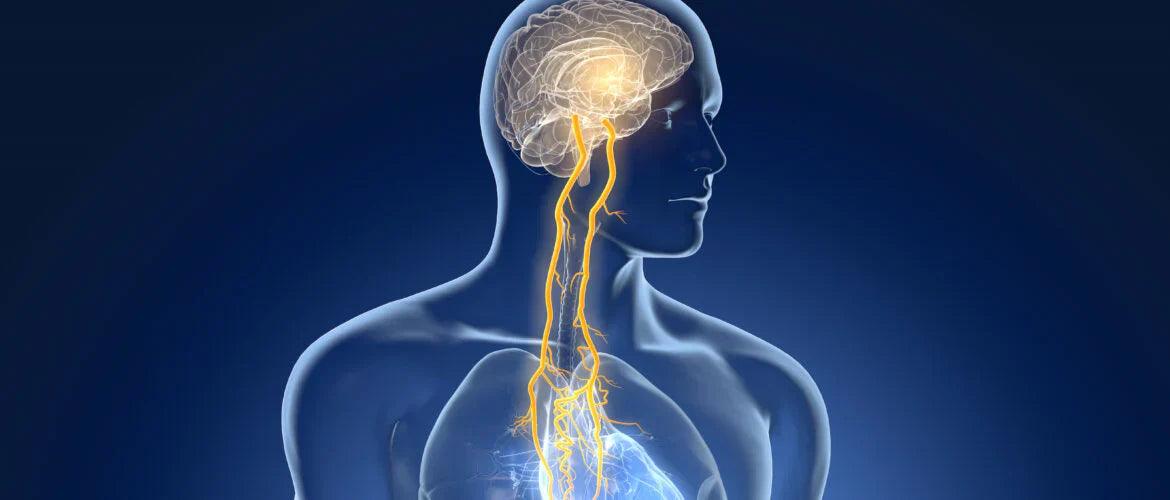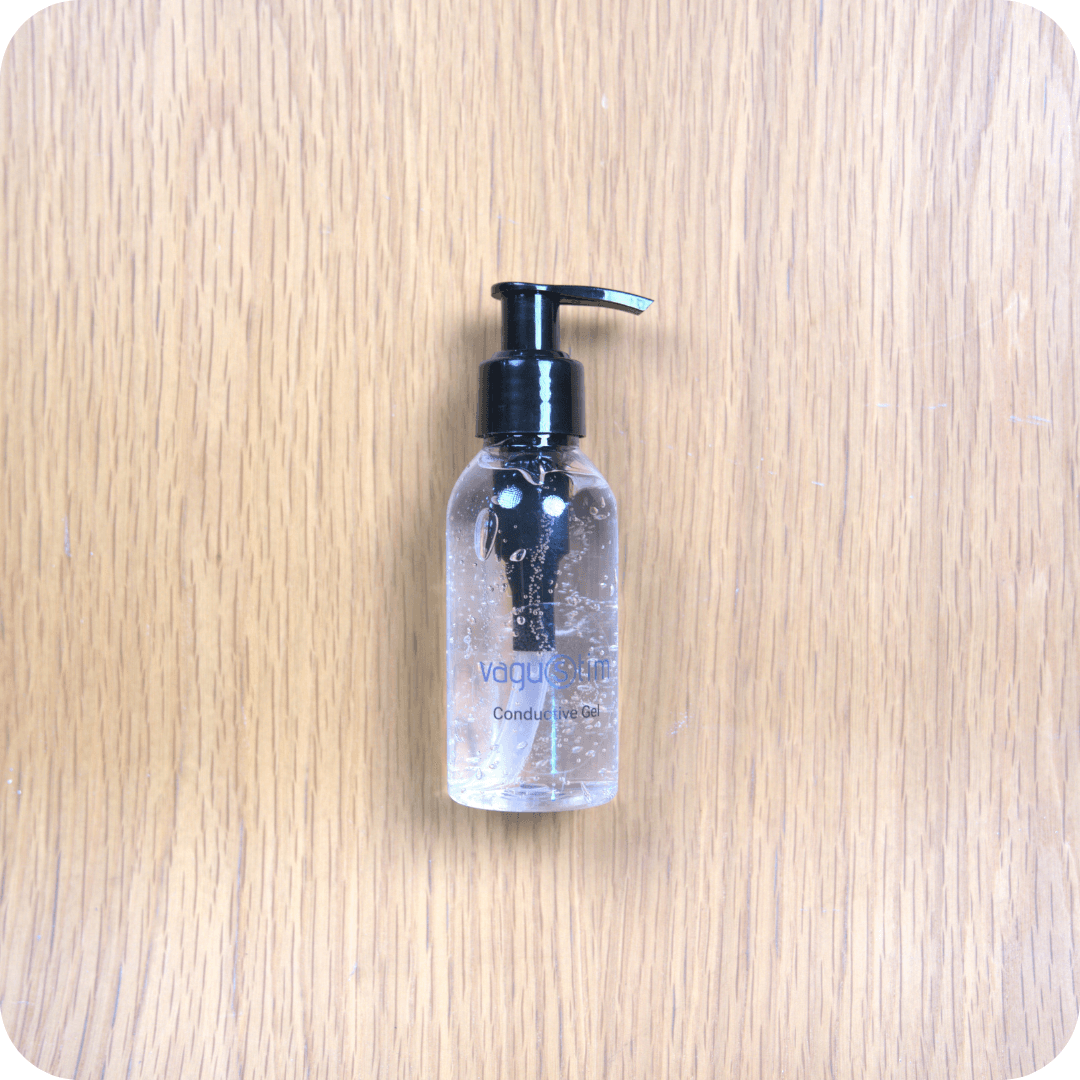AbstractInflammatory bowel disease (IBD) encompasses Crohn's disease (CD) and ulcerative colitis (UC), is a major health problem on a global scale and its treatment is unsatisfactory. We aimed to investigate the effects of transauricular vagal nerve stimulation (tVNS) on inflammation in rats with IBD induced by trinitrobenzene sulfonic acid (TNBS). A total of 36 adult female Sprague–Dawley rats were given TNBS, or vehicle, and tVNS, or sham, every other day for 30 min for 10 days. Postmortem macroscopic and microscopic colon morphology were evaluated by histological staining. Additionally, IL-1β, IL-6, IL-10, and TNF-α cytokine levels in the colon and the brain were evaluated by immunohistochemistry and western blotting analysis. TNBS induced epithelial damage, inflammation, ulceration, and thickened mucosal layer in the colonic tissues. Administration of tVNS significantly ameliorated the severity of TNBS-induced tissue damage and inflammatory response. TNBS also alters pro-inflammatory and anti-inflammatory balance in the brain tissue. TVNS application significantly suppressed the protein levels of pro-inflammatory cytokines, namely IL-1β, IL-6, and TNF- α while augmenting the level of anti-inflammatory cytokine IL-10 in the colonic and the brain tissue. We have shown that TNBS-mediated colonic inflammation and tissue damage are associated with neuroinflammatory responses in the brain tissue. Also demonstrated for the first time that neuroinflammatory response in the gut-brain axis is suppressed by tVNS in the IBD model. Non-invasive tVNS stands out as a new potential treatment option for types of IBD.





